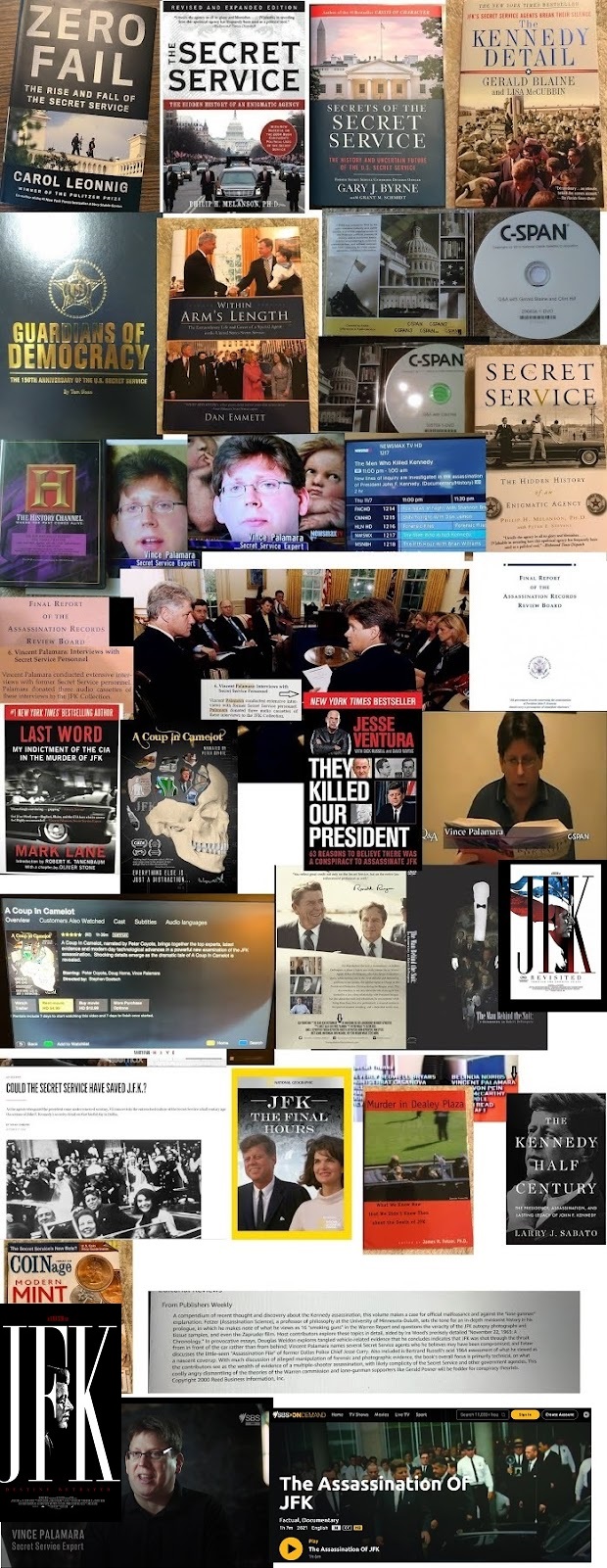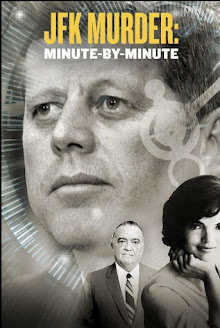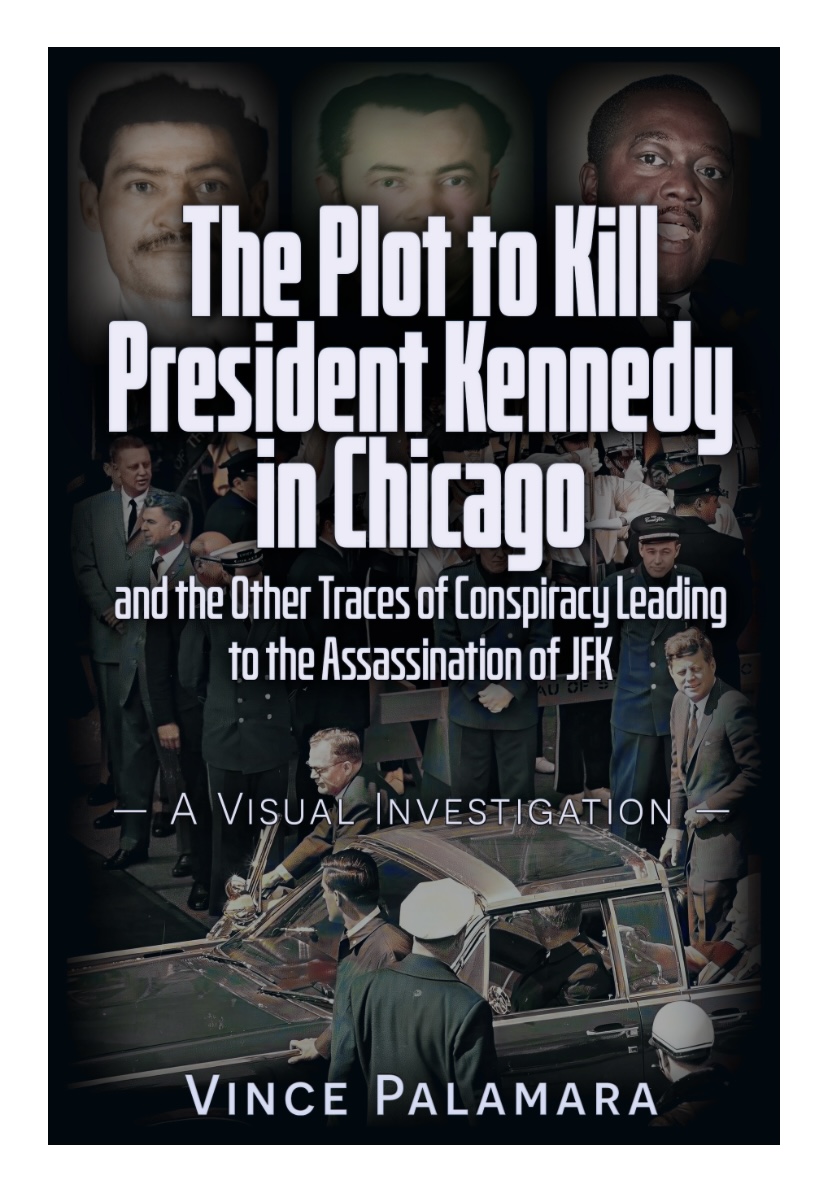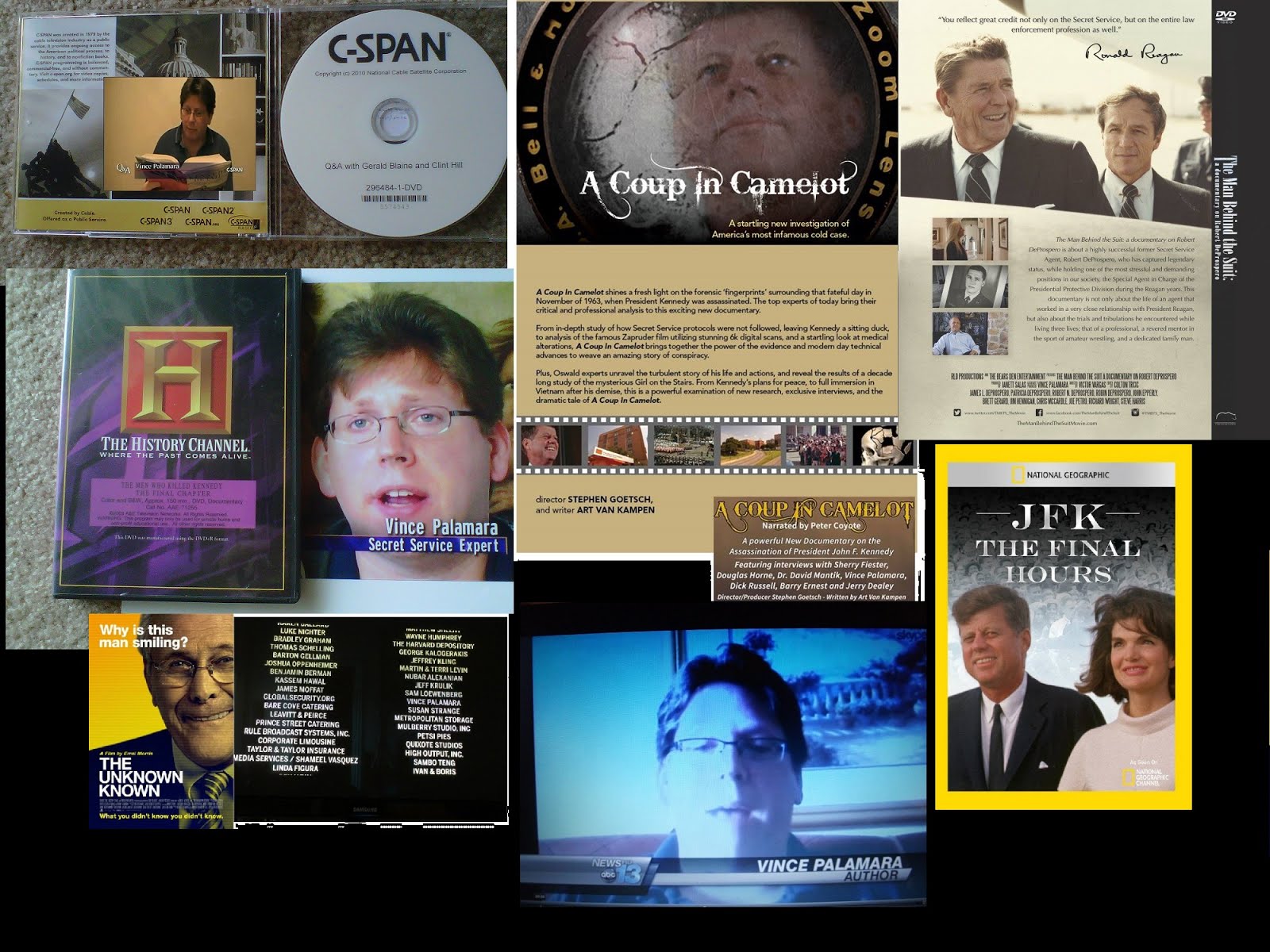The official mythology maintained?
Author Ken Gormley, writing about the decision by Special Prosecutor Kenneth Starr to compel the testimony of agents assigned to the Presidential Protection Detail in the Monica Lewinsky/Whitewater matter and the Secret Service's opposition to it, describes meetings initiated by the then-new director of the USSS, Lew Marletti, concerned in part that presidents might exclude USSS agents from their proximity if they felt that their private discussions might be subpoenaed. In this context, the author had no axes to grind or points to prove about the Kennedy assassination, and may be considered to be presenting facts as presented to him, and not toward advancing an agenda vis-a-vis JFK, and should be forgiven himself for any errors in fact presented:
Clint Hill in The Death of American Virtue: Clinton vs. Starr pp423-25, on copyright 2010, said:
Merletti gave a highly classified PowerPoint presentation about the dangers presented if Secret Service agents were pushed away from a president for any reason - including lack of trust. ... The most powerful aspect of Merletti's presentation was rarely seen footage regarding the assassination of President Kennedy in Dallas, and Kennedy's trip the previous week to Tampa. In photos of the Florida trip, dated November 18, 1963, one could observe sharp images of Secret Service agents kneeling on the rear bumper of the president's limousine, scanning the crowd and buildings, maintaining a location within an arm's length of President Kennedy's position in the back seat.
In the haunting film clips that Merletti now showed of President Kennedy being shot in Dallas, the Secret Service agents were missing from the car's bumper. Only Agent Clint Hill knew all of the tragic details, and he since had gone into seclusion and did not speak publicly about that day.
Yet the story was well known within the Secret Service. Lew Merletti took a chance and reached out to Hill, who had settled in Northern Virginia, seeking Hill's guidance on the Starr matter. Agent Hill, a handsome man with deep furrows of mental stress on his face, had retired early from the service as a result of neurological and psychological problems. The former agent did not hesitate to share his views with the director; he still remembered those events of November 1963 too vividly.
Hill technically had been assigned to protect First Lady Jacqueline Kennedy, who was riding in thhe left rear seat of the presidential limousine. The crowds were so large that spectators were "swarming up on top of the car." To deal with the cluster around the motorcade, the driver "ran the [limo] closer to the left-hand side of the street ... to keep the people away from the president." Agent Hill's sixth sense was telegraphing that something was wrong. Yet just after the Tampa trip, President Kennedy had directed all Secret Service agents to stay off the running board on the rear bumper, complaining that it created the appearance to the public that there was "somebody or something between them and him."
Disobeying the president's orders, Agent Hill had climbed onto the left side of the bumper, scanning the crowds and buildings, and then jumped off, returning to the follow-up car. The motorcade turned left. In an instant that would forever haunt him, Hill heard a shot ring out from behind, followed by the echo of two more gunshots.
By the time Agent Hill could scramble onto the back of the limousine, Mrs. Kennedy was crawling onto the trunk in her pink suit. Even as she hoisted Hill up [!], the agent knew it was too late. "It was a bloody mess," he recalled decades later, his voice cracking. "I mean - the president's head, the third shot hit him in the head just above the right ear, kind of. Took out a piece of his skull about the size of my palm and scooped out a whole mass of brain matter. Now, that stuff was all over the car, inside the car. Blood, white brain matter, portions of bone and skull. And everybody was covered with it." The former agent, becoming unglued as he recounted the story even forty years later, took a deep breath and continued: "What I meant by telling Lew [Merletti] about the scene ... Here was the president of the United States, who we were sworn to protect. And we failed. At least those of us who were assigned that day to that mission were not able to fulfill our responsibility."
What continued to torment Agent Hill as he replayed these images in his head, decades later, was the fact that he'd been pushed away. "if we had been inproximity, where we should have been," he explained, "... the event would not have happened as it did." Had hill been allowed to do his job, a human shield would have been formed between the unseen shooter and President Kennedy, creating a near-impossible shot. ....
With the lights in the converence room still dimmed, Merletti cut to a rarely seen television interview with Clint Hill by Mike Wallace, filmed in the 1970s, after Hill's premature retirement from the Secret Service. The forty-three-year-old Hill chain-smoked cigarettes and choked up with emotion as he spoke of failing to protect the president that day in Dallas and of allowing himself to be pushed away by the president. "It was my fault," said Hill, crying as he stared into the camera. "I'll live with that till my grave."
Describing another meeting on the same subject, attended by all former USSS directors and AICs of the PPD at Merletti's behest, Gormley wrote:
Clint Hill in The Death of American Virtue: Clinton vs. Starr p427, on copyright 2010, said:
... When the next hand rose, the room fell silent; all eyes were focused on former special agent Clint Hill. A rugged, tough-looking man with a deep look of sadness and concern in his eyes, Hill had experienced many personal difficulties after that fateful day in Dallas, when he had been instructed to protect the First Family and watched President Kennedy murdered in cold blood just feet away from him. "He was only recently coming back into the family of the Secret Service, coming back into the fold," Merletti recalled, "because he had felt for years that he failed." Merletti quickly added: "He didn't realize that we held him as a hero. But we did. He did everything right that day in Dallas. He was prevented from doing his job by the president."
Wednesday, November 17, 2010
The official mythology maintained?
Subscribe to:
Post Comments (Atom)










































![VINCE PALAMARA [remember to scroll all the way down!]](https://blogger.googleusercontent.com/img/b/R29vZ2xl/AVvXsEjSZ-Z_puqnjl3UgdiJxBenMyIMaFhmBD-PYQUsxCtFS4UF7dJQB6n32rt9a0ZqFRPmuBoukhrMZxv6LOD9GoUGPiaShO3wj_8xL98obRAsUbIf0mXutzbq7jKDrCp8Y-Y0k9rnS5ARjQQ/s1600/11.jpg)


![CHAPTER 8 OF ARRB FINAL REPORT [I AM IN THIS REPORT, AS WELL]...HMMM---THE SECRET SERVICE DESTROYS](https://blogger.googleusercontent.com/img/b/R29vZ2xl/AVvXsEimGbOuG69gW-cgAbsfjd8p8PD-subznIjcsQXUSFq560o_kiXunf9TcH0fkOqmWuK73id6m5TyVMhWcfBrPUEee6JLbvqNZKdIVQa5Drcz568Ue6GZdf_PUtLuLwPDcucv3gOn5KGBZPw/s1600/DSCF0462.JPG)




No comments:
Post a Comment